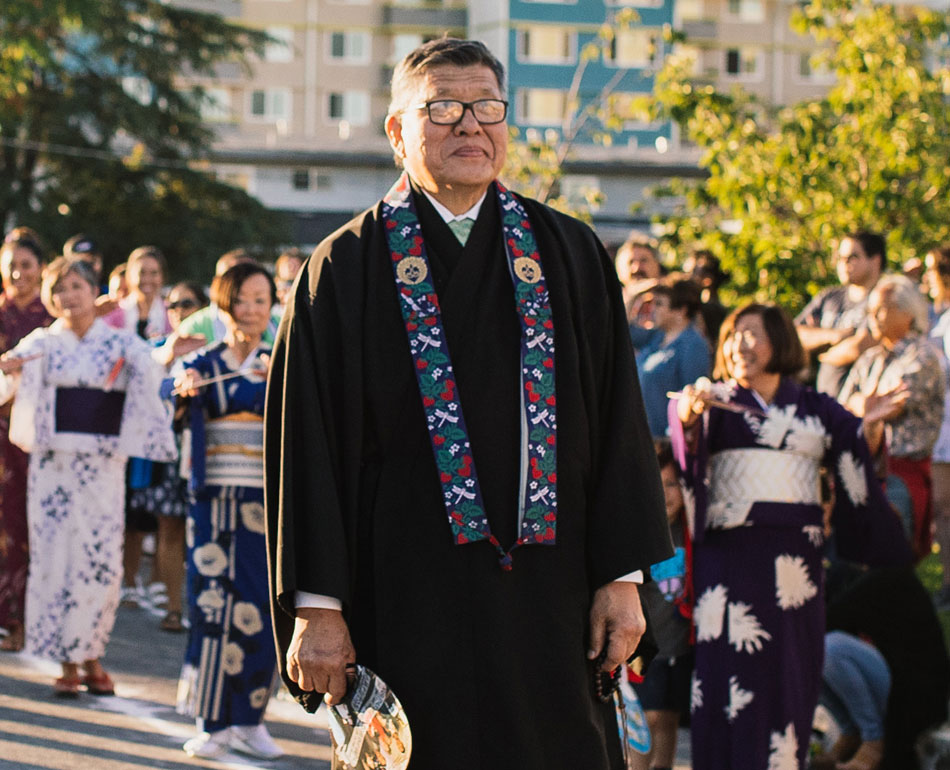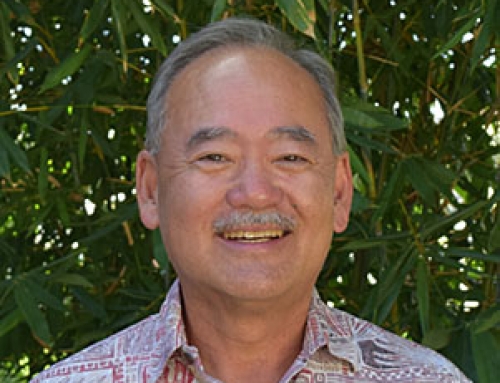There is so much going on in the world that demands our attention. I scroll through news feeds looking for bits of information about politics, Ukraine, the environment. The conditions of human beings that demand our attention to help with hunger, poverty, shelter. Across the world there are people whose lives are threatened by the actions of others. We see this in war and politics and economies.
We are still debating climate change. Is human activity really affecting climate? It is all too true that there are people who influence many who speak against the realities of climate change. People who question what science has known for decades. The more greenhouse gases we release into our atmosphere the farther we push our planet toward catastrophic global conditions. Conditions that will make life impossible for many species, including our own, to survive.
We have heard this for many years. It seems as though conditions seem to only worsen. The drought in our west continues to deepen. Two of our largest reservoirs have reached their lowest levels threatening water and power for millions of people.
We know greenhouse gases influences climate change. Our individual behavior can change that. Sometimes it feels hopeless. How can what I do make any difference? Sometimes we just need to stop how we have been doing things. There is a story from Niger, a landlocked country in Africa: https://apple.news/AHNwFhEWqS02FhAvjbHi3ZQ. One of the poorest countries in the world, it faces many challenges that have created an image of Niger as hopelessly unstable and impoverished. Yet the farmers and people of Niger have cultivated more than 200 million trees. The trees of Niger were cut down and dug up for crops that could be cultivated by machine. When French rulers took over Niger traditional farming was replaced with industrial farming. Trees got in the way and were cut down and removed. Over time crop yields diminished as fields became unsustainable. Eventually what was left was vast empty lands that grew little crops that farmers struggled to scratch from the earth.
The change began about 35 years ago. Farmers were encouraged to plant trees. There were grand tree planting projects. But of the trees that were planted only a few survived. There was little significant change until a farmer noticed shoots sprouting where trees had been cut down before. The stumps of the native trees had survived, their roots reaching deep into the earth for water and nutrients. When left alone the trees returned. As the sprouts grew into trees they provided shade for moisture and plants to grow. The leaves that fell restored the soil. As word spread more farmers began to cultivate the trees that were once thought to be a nuisance to farming. The practice spread. The landscape changed. Land supported life again.
Buddhism encourages us to recognize we have a tendency to see the world through what we want or don’t want. This is the Second of the Four Noble Truths. It is the cause of the difficulties we cause and experience. If we think of the planet as a place for us to use for our own benefit then actions that damage the earth will take place. Industrial farming made sense at one time. We ignored food cultivation practices that had supported life for thousands of years. Initially single crop farming simplified things but eventually introduced problems that required intervention. To replenish nutrient depleted soil fertilizers were introduced. Fertilizers that most often contained ammonia compounds. Monocultures are susceptible to disease, with greater consequences, as genetically identical crops carried the same risks in one plant as every plant throughout farms that covered thousands of acres. So problems emerged that required intervention. The fields in Niger eventually were no longer profitable to farm so they were abandoned and the industrial farmers moved on leaving indigenous farmers with barren lands.
The behavior that resulted in the barren lands of Niger are not new. Nor is the understanding of the consequences of such actions surprising. We have known for thousands of years that if we behave only in our own self interest something or someone will be harmed. In this case both the land and people struggled because of the decisions made. Also, perhaps not surprisingly, when our behavior nurtures and supports the world around us the consequences of our behavior is expressed as kindness and empathy through the deep relationship we share with all life.
In Niger the transformation began 35 years ago. Changing the way we see and interact with the world can take a long time but we can change. One farmer noticed sprouts coming up from the ground where a tree once stood. He nurtured those sprouts. He told others of what he saw. Some did not believe him, many did not care. But some did listen and the trees began to return.
What can I do in this chaotic world? Be kind, listen, care for one another. Like sprouts reaching deep into our shared humanity, growing in air and light.




